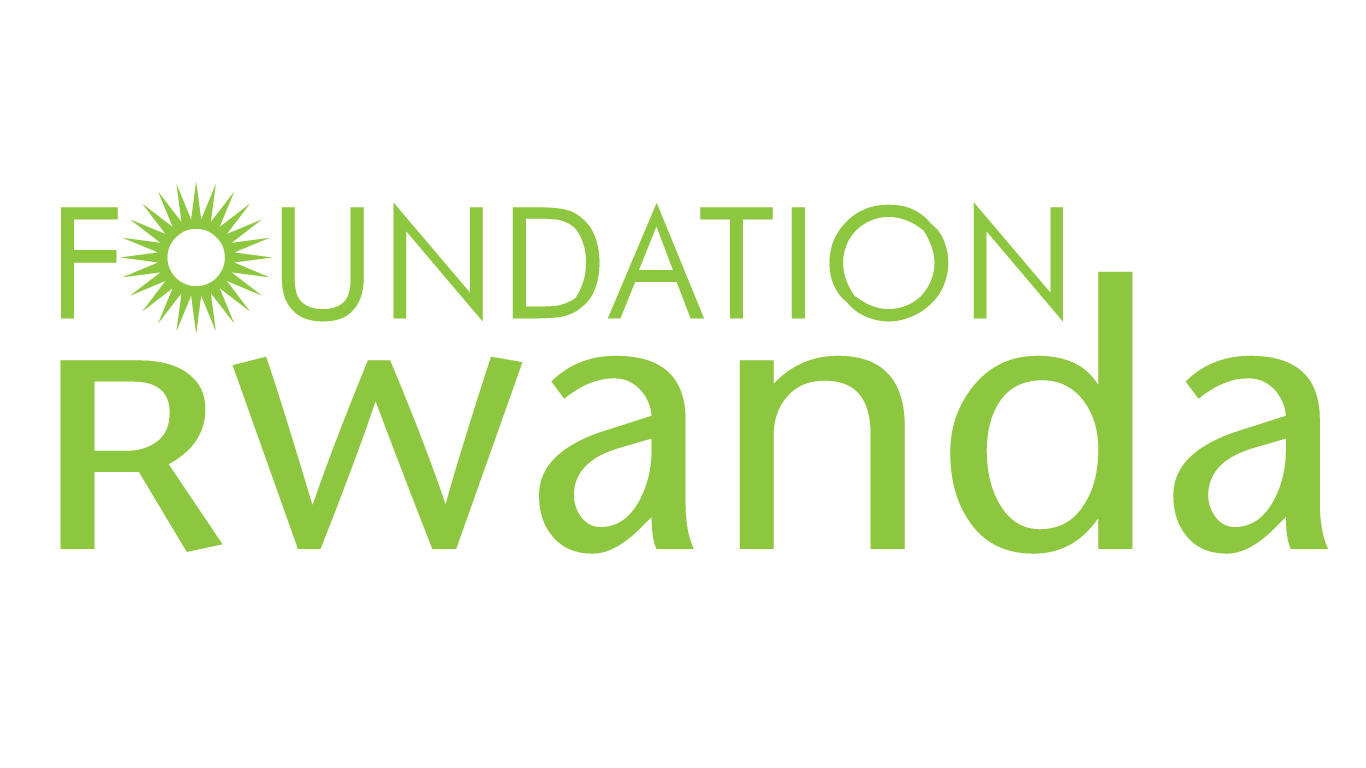Emmanuelle and Her Mother, Brigitte, pictured with her sisters Ambroise and Rosette
Butare, Rwanda
Brigitte, Emmanuelle, Ambroise and Rosette.
My mother told me that during the genocide she was hunted like many other Tutsis, and that my father, the man who raped her, was a Hutu, and took her pretending to protect her, but then raped her, and my mother got pregnant and that is how I was born. He just wanted to use her for sex. I grew up without seeing my father or knowing who he was. My mother told me that my father committed crimes during the genocide and is in prison. So my father was a criminal and in prison.
It was in April 2015 when my mother called me to her bedroom. I went in and laid in bed next to her, and she told me what happened to her during the genocide, how she was raped and how I was born, and then she told me who my father is. She told me his name and the family he came from, which is not too far from here, and that I was born because she was forced to sleep with that man and I am that man’s daughter. This made me feel very sad. I cried and I was angry about what that man had done to my mother. Then I asked my mother, “Could you forgive that man? He did very bad things, but he is still my father, could you forgive him?” My mother did not respond.
The next day as I was going to school, I stopped at the house where my mother said my father came from, and I found an old lady there, she is my grandmother. She asked, “Who are you?” so I asked her, “Am I your son’s daughter? Is that true?” She said, “It’s not true, we do not know what you are talking about. Your mother is lying.” So I went to school and never asked my mother again about my father. I never got to meet my father because he was released from prison just before he was about to die, so when he reached home he passed away. After my mother disclosed to me, our relationship changed, because I felt more sympathetic to her, and I wanted to be closer to her.
I think that when I was growing up I was treated differently in the family. They used to say I am unkind and that I am a trial to the family, and this made me feel that I was being treated differently. My aunt who lived with us would always say, “This girl belongs to that other family.”
It was not easy for me to accept what my mother told me, that I was born from the rapes she endured during the genocide. It was a battle for me. I was disappointed, because I grew up thinking that I am a survivor of the genocide and lived in a survivor’s family. In school I joined the student survivors association; young people opened up to me and shared their experiences. But then one day one of my relatives told the association that I am an intruder, someone who is trying to hide her identity within the organization, and he told them that I was born of this Interahamwe (Hutu militia killer) man who is a Hutu. So my friends at the association stopped talking with me and avoided me, and pushed me out. This really hurt me very much and so when my mother disclosed to me how I was born, it broke my heart.
I was born by a killer, and for me to think that people know who I am is the worst thing that could happen. Previously I thought that my father was killed during the genocide and that I was a Tutsi, but now to face the reality of who I am, born of a killer, it is so heavy for me.
I think that the way I was born is shaping my life negatively, because I’m not a happy person; it’s difficult for me to be happy. I have low self-esteem, which really affects me, so I want to be on my own most of the time.
When I learned who I was and the circumstances that led to my birth, I was thinking about the past and things that were done to me when I was young. For example, my mother used to beat me a lot, she would discipline me very harshly, or she would sometimes shout at me and say “get out of my sight, I don't want to see you” or tell me that I am unkind. So after my mother disclosed to me I started connecting the ways she was treating me to how I was born and who I was.
I wish that when I have my family and my children, I will love them and treat them very well. I don't want them to have these questions as to whether they were loved or not loved. When I have a family I would like to be able to tell my children about my life and how I grew up, and I will share with them everything.
It’s very difficult for me to live knowing I was born from a killer and rapist. I forgave my father for what he did. I have accepted who I am, and I see myself as a Rwandese, not Tutsi and not Hutu. The circumstances of how I was born make me work hard to be a better person and be able to support my mother and develop my life.
-Emmanuelle, daughter of Brigitte, 2018


